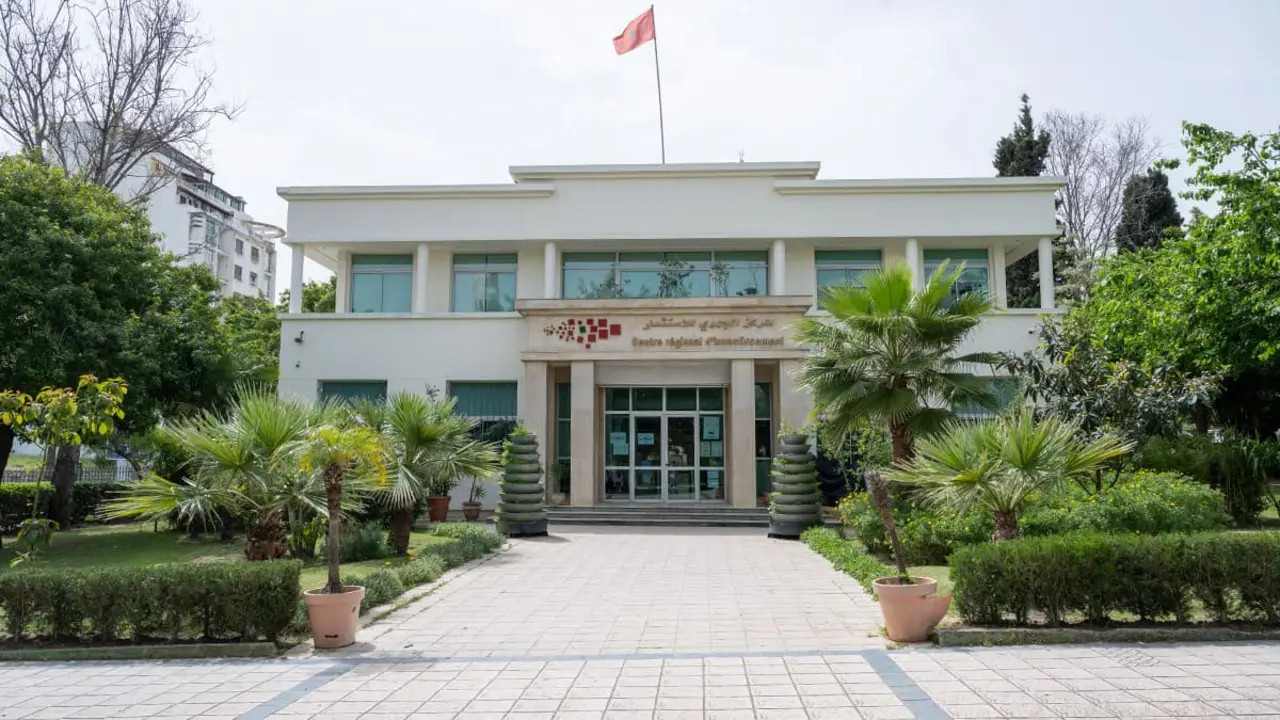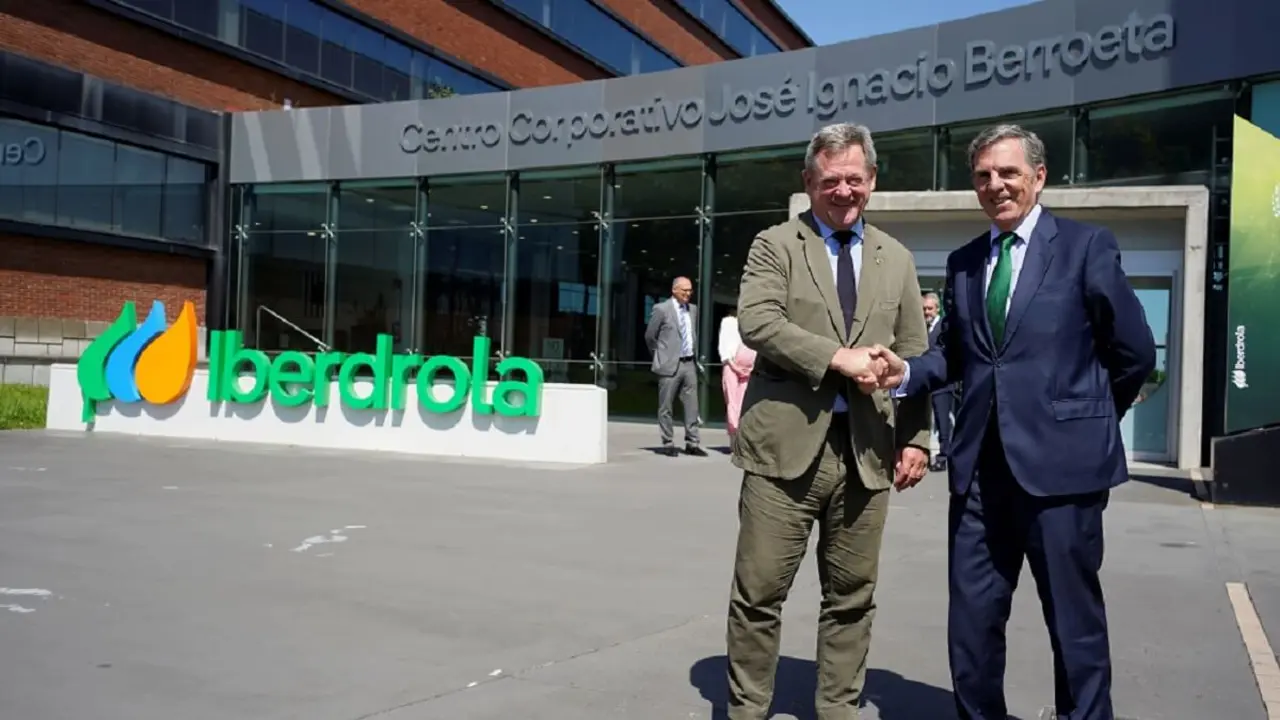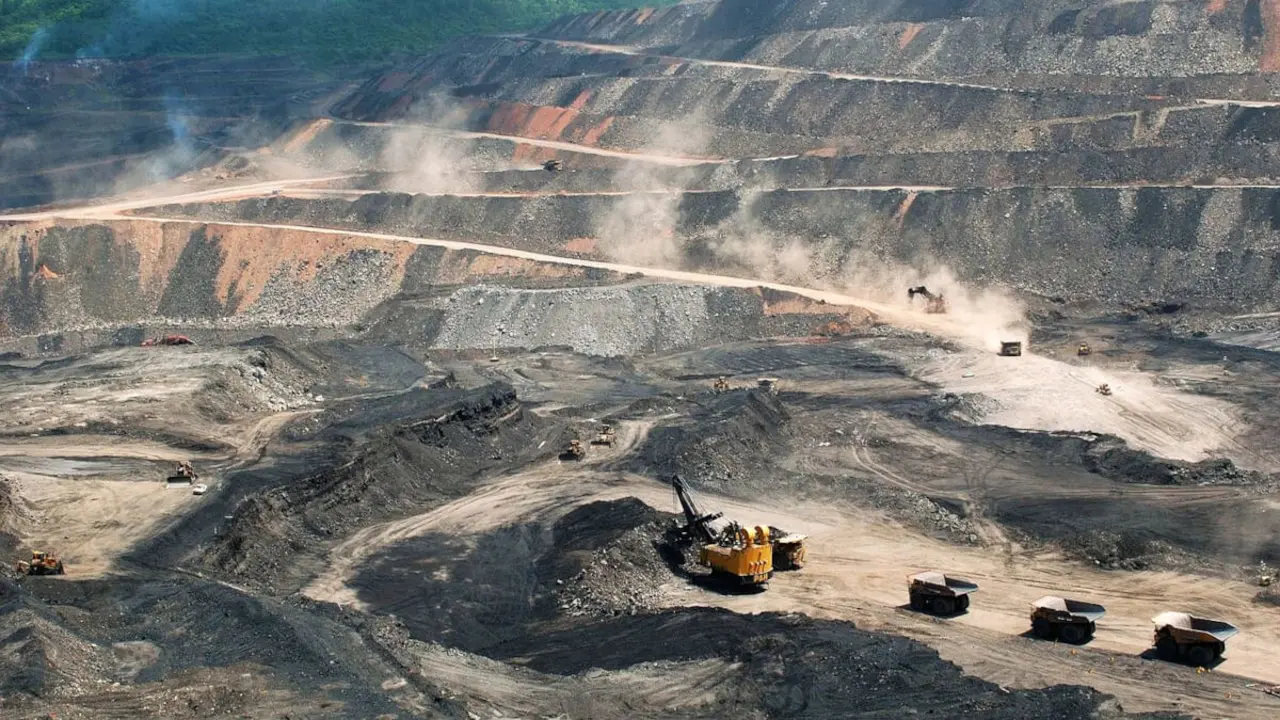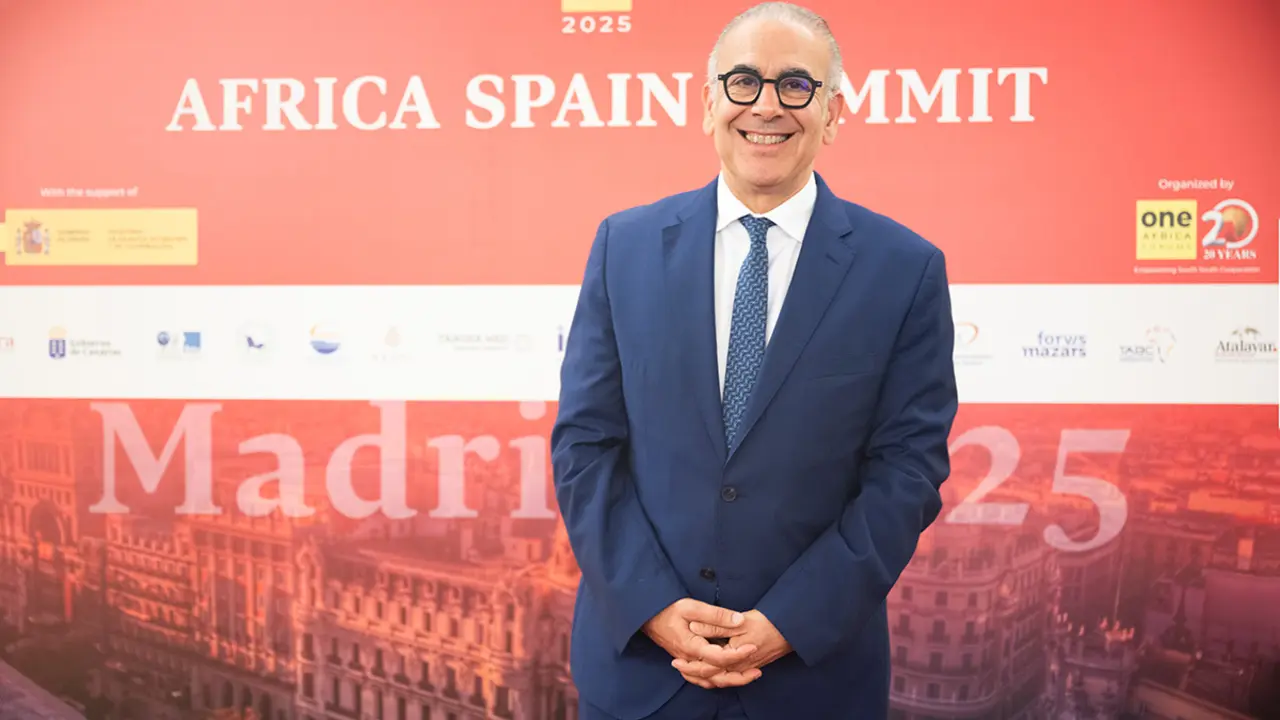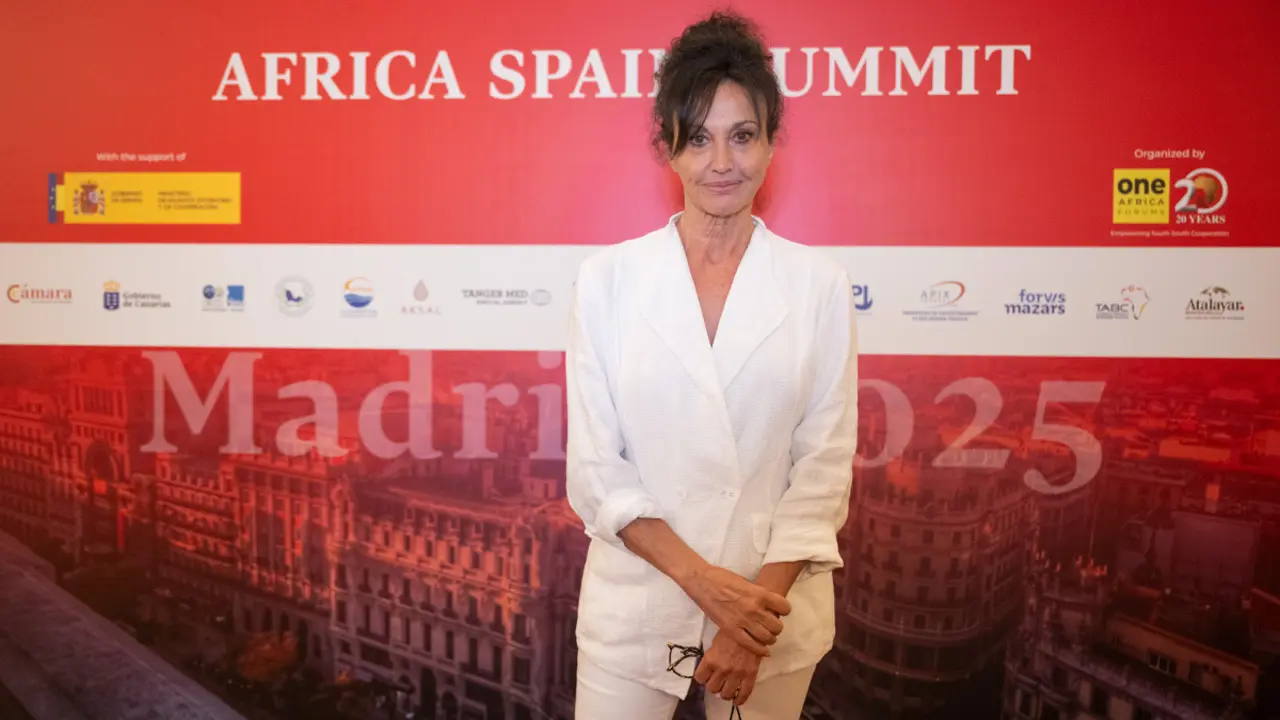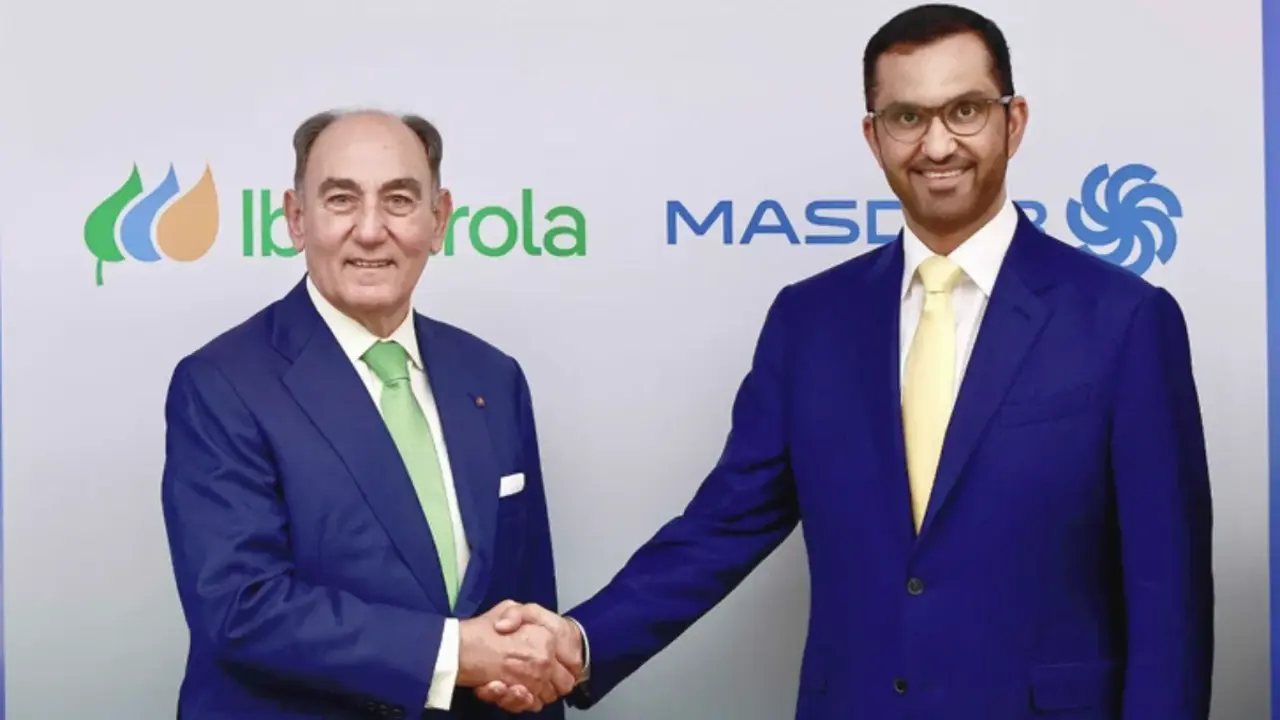Marruecos experimenta una bajada de precios de los carburantes

Below 14 dirhams a litre for diesel and between 14.68 dirhams and just over 15 dirhams a litre for petrol, these are the margins at which fuel prices have fallen in Morocco thanks to the price cuts introduced on Monday 15 August, effective from Tuesday.
The reduction for diesel is between 50 cents and one dirham per litre and between 0.35 and 0.75 dirhams for a litre of petrol compared to the prices of previous weeks, as reported by Hespress.
The service stations have applied significant reductions in petrol prices, although some firms stand out above others, such as Afriquia, which is the one with the cheapest offer. Along with the Moroccan fuel distribution company, others have followed suit, such as Total and Shell, which has a positive impact on the pockets of Moroccan consumers, as reported by the same Moroccan media.
This reduction has to do with the general fall in oil prices that has been accompanied by an increase in world crude oil production, as indicated by the Organisation of Petroleum Exporting Countries, which is pushing down costs. A barrel of Brent North Sea crude was trading on Monday 15 August 2022 at 93.77 dollars (-4.46%), while a barrel of US West Texas Intermediate (WTI) was trading at 87.81 dollars (4.28%).

This price reduction is a relief amid the difficult situation in certain social sectors in Morocco. The hauliers called for stoppage and strike sessions in the face of the sharp rise in fuel prices, a situation generated in large part by the Russian invasion of Ukraine that has hit the energy sector with significant increases in energy prices, which has hit the Moroccan consumer's pocket hard. The main demand of the unions was to urge the government to limit fuel prices. The Moroccan Labour Union (UMT), the Democratic Confederation of Labour (CDT), the Democratic Confederation of Labour (CDT) and the General Union of Moroccan Workers (UGTM) called on the executive to intervene urgently to "save a sector that is in decline".
This latest reduction is good news in the complicated panorama of rising fuel prices in Morocco, to which the government led by Aziz Akhannouch had to respond by announcing lines of work with certain measures to alleviate the situation, especially for the transport sector, which is the most affected by this situation. These measures included direct aid of between 1,000 and 7,000 dirhams a month for some 200,000 professional transport vehicles, which did not entirely appease Moroccan hauliers.

Fuel prices in the North African country have risen exponentially in recent months, with prices per litre of at least 15.65 dirhams for diesel and 17.80 dirhams for petrol, peaking around June. But this situation has now begun to be partially mitigated in mid-August thanks to the latest price drop.

In Morocco, 61% of the cost of petroleum products is based on the price of the fuel itself, which varies according to the vicissitudes of the international market, while 31% is due to taxes (ICT, domestic consumption tax, and VAT, value added tax) that are levied on the price of petrol. The remaining 8% are distribution costs and profit margins.


